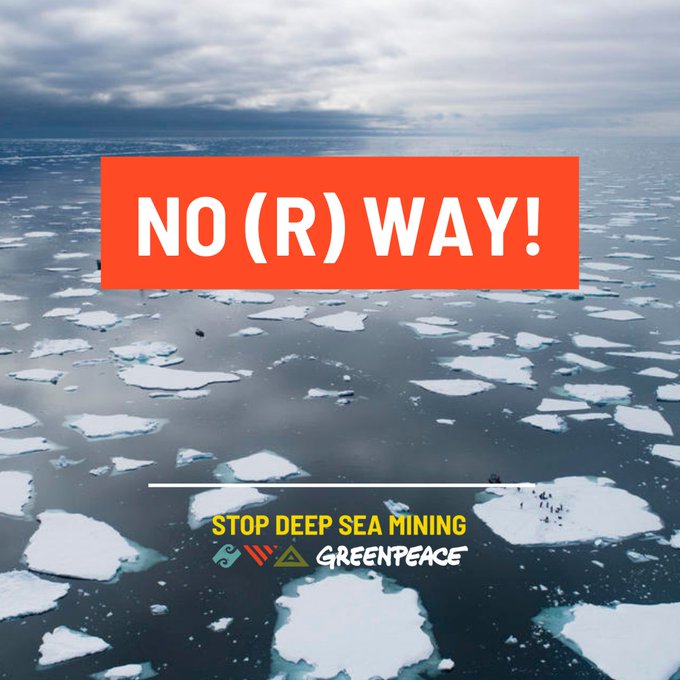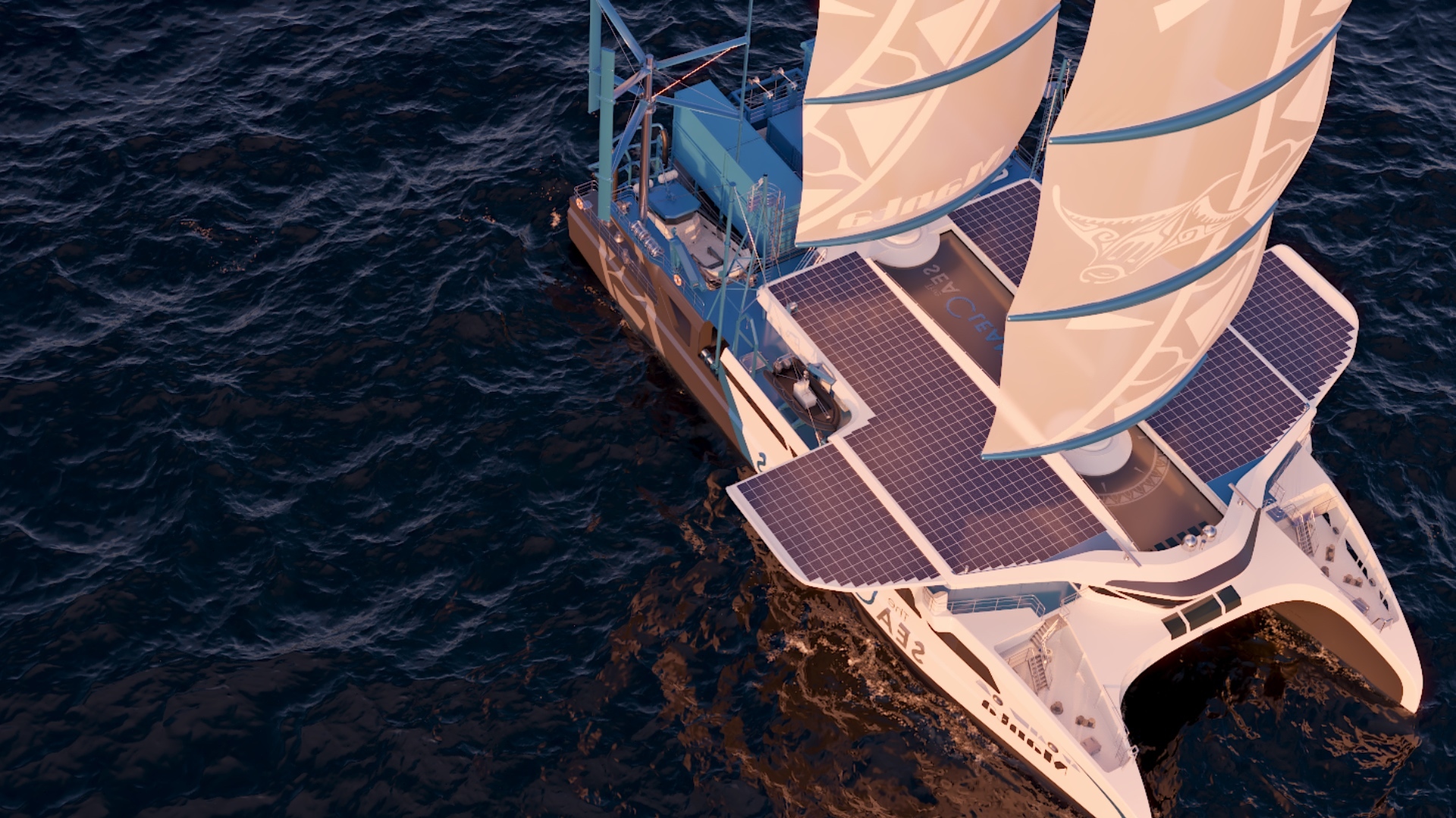Mining the sea for rare minerals is controversial, to say the least. To some it will provide the raw materials to boost the transition to the greener future, to others it is a destruction of so far untouched areas and the wrong approach to sustainability.
The seabed is seen to contain vast deposits of cobalt, copper, gold, manganese, nickel, and zinc, all useful in the transition and likely to be found in massive quantities in the sea but coming at a high price to the marine environment. As a result, three major UK banks have said no to deep sea mining, but as a legislative deadline looms, campaigners are pressing the Government to ban UK companies from such schemes, whilst Norway is paving the way to open up the seabed.
NatWest, Lloyds and Standard Chartered have all ruled out funding operations to mine the seabed, and campaigners are pressing for an outright ban, such as New Zealand has, although the UK’s control of its British Overseas Territories means that a UK ban would be far wider reaching than any other European or Pacific nations Currently the Government must decide between a ban or regulating operations for their environmental impact.
Elsewhere, the Norwegian government has indicated that it is ready to support such operations, although the this has still to be discussed by the Norwegian parliament. The proposal to open up the country’s continental shelf for commercial deep-sea mining would have, for environmentalists, an devasting impact on the submarine ecosystems.
Norway is amongst those that believe mining will accelerate the transition to a greener future, and at the same time, Norway seeks to alleviate the economic results of turning away from oil and gas, the very things that have raised Norway’s funds and seen the country, somewhat ironically, become a green leader.
Norway’s stance comes as the International Seabed Authority will meet in Kingston, Jamaica to discuss the topic.
Latest News
-
Three UK’s partnership with Samaritans raises £1m
-
Grants of up to £10,000 available as energy firm opens £6.8m community fund
-
Virgin Media O2 pledges to donate 12,000 phones to people in need in 2026
-
Nuclear waste organisation invests £8m in community projects near underground facility
-
Children’s Society director to take charge of Premier League club’s foundation
-
Chelsea FC becomes first Premier League club to receive dedicated epilepsy awareness training
© 2019 Perspective Publishing Privacy & Cookies







Recent Stories